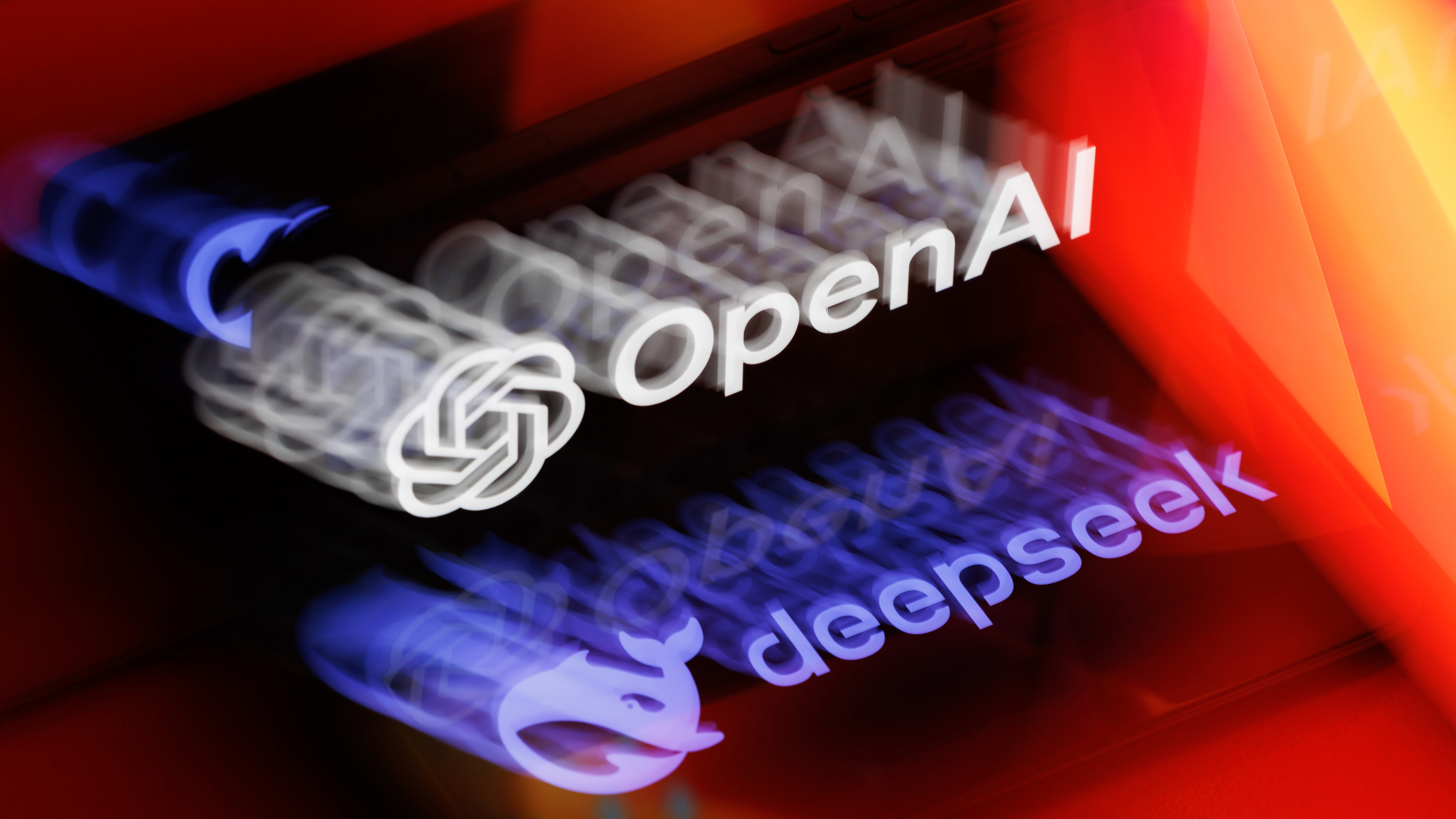OpenAI’s day in the sun is over
Just because it kicked off the generative AI hype doesn’t mean OpenAI was destined for longevity


Not long ago the name OpenAI was an unfamiliar term, emblazoned on the homepage of a little-known chatbot soon to take the world by storm. Just over two years later, the firm is ubiquitous, a hallmark of the AI boom sweeping the tech space.
The cracks are beginning to show, though. It had a good run – but I think OpenAI’s time in the spotlight is coming to an end.
It’s no secret that the AI pioneer has struggled with runaway costs, frequently in the news for its hefty overheads and shifting corporate structure. OpenAI is still a startup finding its feet after all – it’s just a startup that has to find its feet in the face of constant media attention.
Things looked particularly bleak last summer when reports suggested the firm was on the edge of bankruptcy. Reports from The Information projected $5 billion in losses based on analysis of previously undisclosed financial information.
Its training and inference costs were estimated to reach as high as $7 billion, along with an additional $1.5 billion in spending on staff. The report put this in the context of thriftier competition, with Anthropic’s spend estimated at $2.7 billion.
These money troubles prompted OpenAI to change its ‘for-profit’ arm of the business into a public-benefit corporation (PBC). This, in theory, increases revenue generation and makes it easier to raise funds, though it does also require the firm to reconsider its relationship with shareholders.
It’s yet to be seen how this restructuring will affect OpenAI’s money troubles long-term, though currently, the firm is in much the same state. CEO Sam Altman recently revealed that the business is losing money on its professional subscriptions, despite them costing $200 per user, per month.
Get the ITPro daily newsletter
Sign up today and you will receive a free copy of our Future Focus 2025 report - the leading guidance on AI, cybersecurity and other IT challenges as per 700+ senior executives
A frequent salve to its money troubles has been the firm’s tie-up with tech giant Microsoft. Now, though, even that seems precarious as the investor makes moves away from the startup. Clarifying reports from Reuters, a Microsoft spokesperson recently told ITPro that the firm is open to using alternative models other than OpenAI’s GPT family, though OpenAI would remain the firm’s primary partner.
The original Reuters report suggested Microsoft was looking to diversify its model portfolio and decrease its overall reliance on OpenAI.
While this is far from a death knell for the company, it points towards a trend of increasingly tenuous relationships between OpenAI and other big names in the tech scene. Earlier this month, for example, rival AI firm Figure announced it would be ending its deal with OpenAI.
RELATED WHITEPAPER

And as if this all weren’t enough, OpenAI has been on the receiving end of fire from Elon Musk who tried to sue the firm in February of last year. Now Musk wants to buy the firm, and Altman has just recently knocked back a $97 billion bid from the Tesla billionaire.
The final nail in the coffin was the surprise emergence of Chinese competitor Deepseek, which took the previously unchallenged AI players in the West off-guard last month. DeepSeek’s R1 is a free, open source model competitive with OpenAI and reportedly far cheaper to develop.
While OpenAI has been struggling to squeeze value out of its products, DeepSeek seems to have come out of nowhere boasting much lower overheads and, by extension, far greater profit potential. Altman publicly called the model “impressive” in a post to X, tempering that by saying his firm will “obviously deliver much better models.” That remains to be seen, but it’s clear OpenAI is no longer the frontrunner it once was.
DeepSeek is the new kid on the block, a fresh alternative that makes OpenAI seem almost dated. It’s leaner and lighter on its feet, pointing all too clearly to the flaws of ChatGPT.
When ChatGPT was first released, it had no competition. It was the only AI platform with public popularity and commercial viability. Now, it faces competition from all the major tech firms – including its own partners – as well as other startups.
OpenAI may not be doomed, but it’s certainly no longer the star of the show. It’ll need to really focus on the value of its product if it wants to keep pace in the AI space, let alone stay ahead of the pack.

George Fitzmaurice is a former Staff Writer at ITPro and ChannelPro, with a particular interest in AI regulation, data legislation, and market development. After graduating from the University of Oxford with a degree in English Language and Literature, he undertook an internship at the New Statesman before starting at ITPro. Outside of the office, George is both an aspiring musician and an avid reader.
-
 Cleo attack victim list grows as Hertz confirms customer data stolen
Cleo attack victim list grows as Hertz confirms customer data stolenNews Hertz has confirmed it suffered a data breach as a result of the Cleo zero-day vulnerability in late 2024, with the car rental giant warning that customer data was stolen.
By Ross Kelly
-
 Lateral moves in tech: Why leaders should support employee mobility
Lateral moves in tech: Why leaders should support employee mobilityIn-depth Encouraging staff to switch roles can have long-term benefits for skills in the tech sector
By Keri Allan